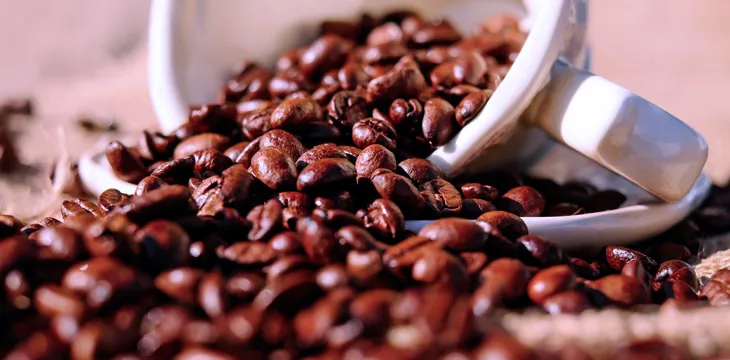|
Getting your Trinity Audio player ready...
|
People love their coffee. They want to be drinking the very best tasting beans, and this is why many are willing to choose organic coffee beans to get the best flavor and the best health benefits. To help accommodate that, coffee bean growers in Honduras are partnering with a Texas-based supply chain software developer to track shipments to ensure the authenticity.
In a release issued on September 24, it was reported that over 12,000 farmers in the Central American country have partnered with GrainChain to monitor the production and distribution systems of these organic beans. The system will register and audit fair trade coffee beans using blockchain technology.
Receiving a fair trade and organic certification is not an easy task. There are a number of requirements, which include adopting organic farming practices all the way up to allowing frequent inspections and ensuring equitable working conditions for employees.
Adding to the challenge is the fact that it is difficult to prove one’s compliance with the regulations. Finding a secure platform that accommodates all of this information has been difficult, especially in Latin American countries.
That no longer appears to be the case. GrainChain will provide a secure system that allows regulators and farmers to be able to enter data and retrieve that information when needed. “Our platform provides guarantees and visibility through the entire process, which empowers growers and vendors while reducing risk to bankers and buyers,” explain GrainChain CEO, Luis Macias.
Whenever a farmer is audited to ensure that they are in compliance, not only will the GrainChain platform provide the information to prove compliance, but those who are found to be in compliance will receive small loans deposited into their digital wallets. This will act as a reward for ensuring that they have followed all the regulatory guidelines.
These loans are provided by partners of GrainChain and will not require any check of credit history to be approved. These loans will help farmers to be able to purchase supplies and equipment. A portion of the digital currency will be available to be redeemed as fiat currency.
This certification is a really big deal. Sales of fair traded certified goods are growing quickly. In 2017 total sales of these certified goods was at 8% of the overall product sold. That was nearly $10 billion in goods, and it is expected that that number has risen by as much as 25% over the last two years.

 07-13-2025
07-13-2025 





